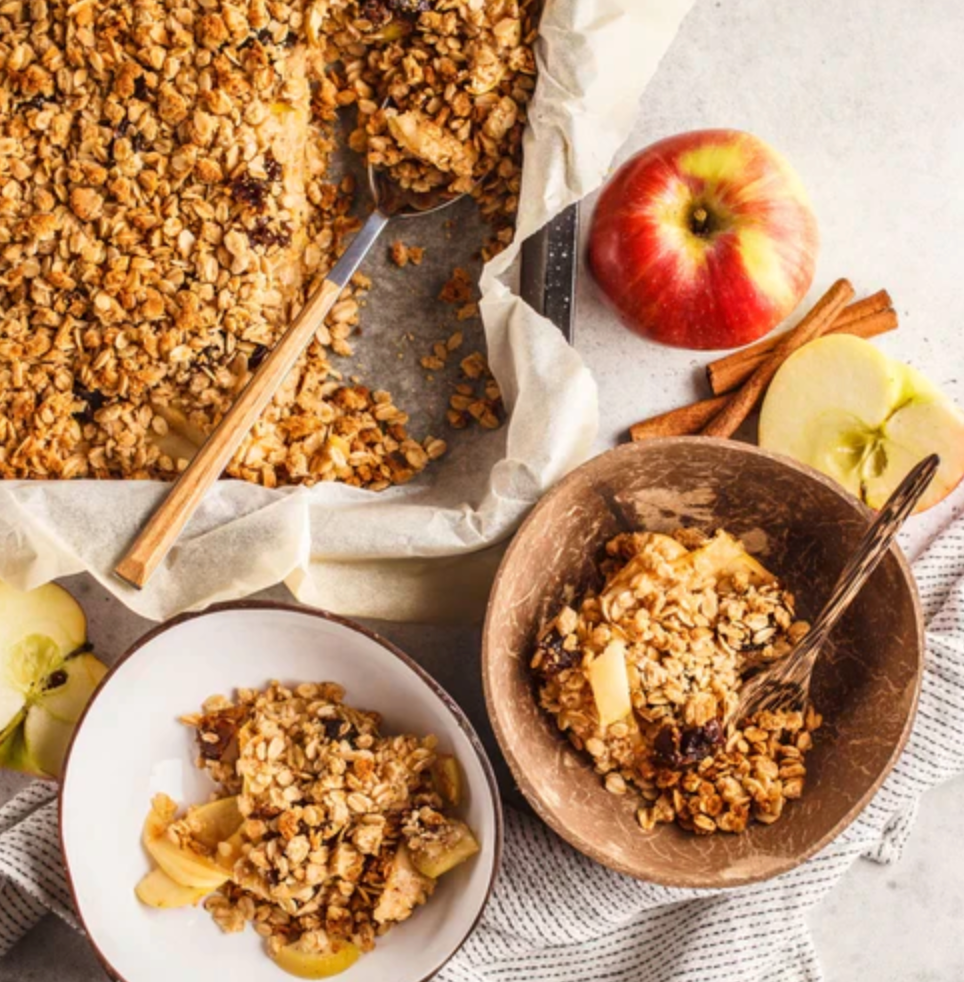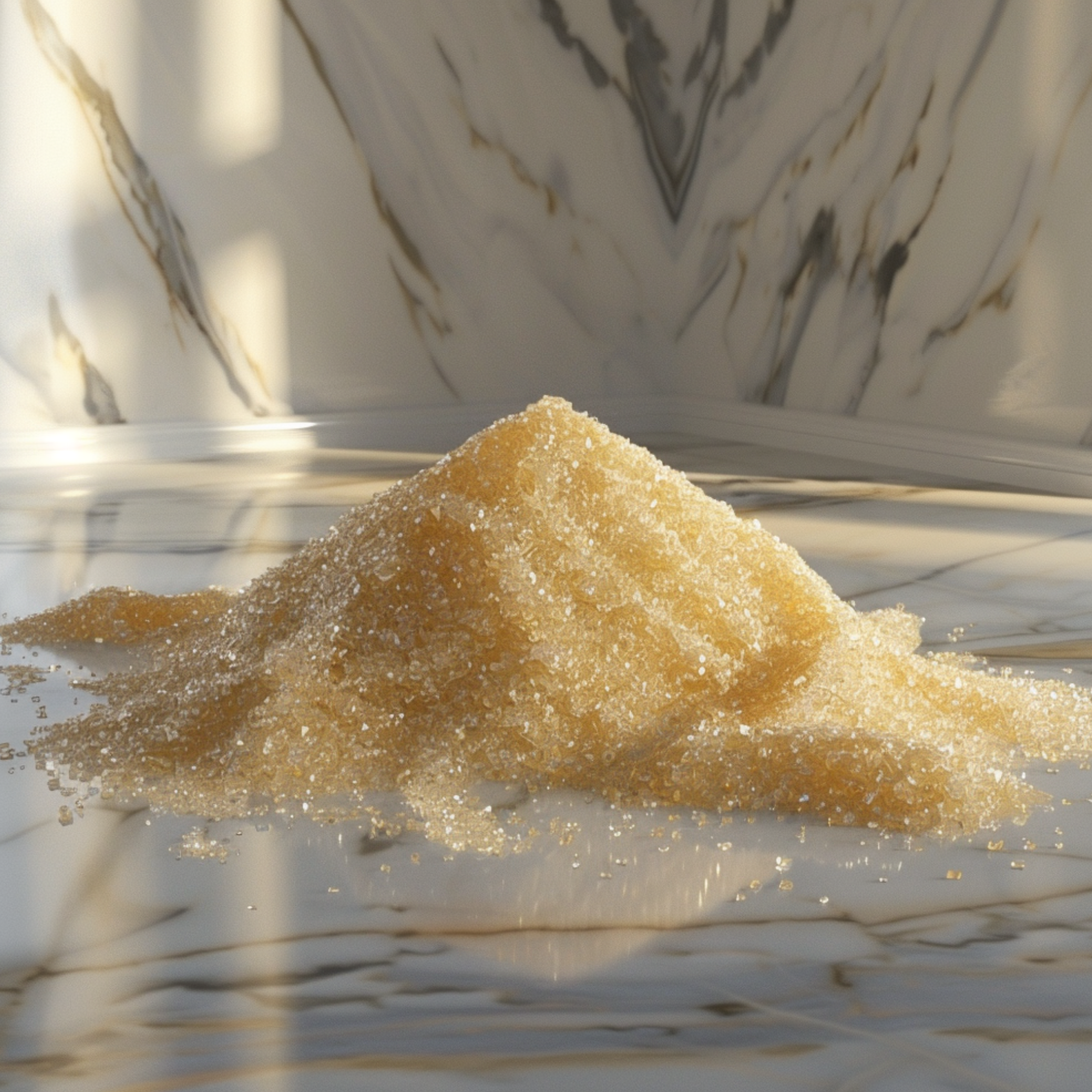
Exploring the Origin of Monk Fruit
A Sweet Journey: The Origins of Monk Fruit and Its Sweetness
The sweet, health-conscious life you've been craving might just come from a little-known fruit called the Monk Fruit. So, buckle up as we embark on a delightful journey leading us to the roots of this fascinatingly sweet, no-calorie natural wonder. And as we explore, remember that the renowned MonkVee Sweeteners use this exotic fruit as their star ingredient!Exploring the Aisles of Mother Nature: Where is Monk Fruit From?
Hailing from the lush, mountainous regions of Southern China, this delightfully sweet fruit goes by the scientific name, "Siraitia Grosvenorii." Also known as Luo Han Guo, Monk Fruit has a long history as both a medicinal and culinary staple for thousands of years in Asian cultures. It's widely grown in the mountainous region of Guangxi Province, as well as some regions in Guangdong, Guizhou, and Jiangxi provinces.The Touch of Monastic Magic
Intriguingly, the tote of the Monk Fruit name traces directly back to the Buddhist Monks who first cultivated the fruit around the 13th century – hence the adorable nickname, Monk Fruit. These health-conscious gurus of the ancient past were the first to appreciate the numerous benefits this fruit has to offer.Migrating Across Oceans
Over the centuries, the fruit's reputation stuck fast, and it started to gain global recognition. Thanks to its exceptional properties, it was introduced into the United States around the early 20th century and its popularity surged. Today, the Monk Fruit is celebrated worldwide, particularly in Western countries as a healthy, natural alternative to processed sugar and artificial sweeteners. Notably, it's the elusive key ingredient in MonkVee Sweeteners!Finale: Giving Sugar the Boot with MonkVee Sweeteners
The MonkVee Advantage
MonkVee sweeteners are a vivacious blend of health and taste. Handpicked and processed with care, these sweeteners have the natural goodness of Monk Fruit, and lo and behold – they contain zero calories! Compare that with sugar and other artificial options, and you'll quickly understand why MonkVee soars above the competition.Hot Take and a Spoonful of Motivation
In a world where health is wealth, ditching sugar is not merely a lifestyle change; it's an act of self-love. While sugar and its synthetic substitutes add meaningless calories and spikes to our blood sugar levels, MonkVee Sweeteners present an all-natural, zero-calorie solution that's hard to resist. Congrats! By reading this to the end, you've made a significant stride on your sugar-free journey. The motivation from within, partnered with MonkVee Sweeteners, ignites a spark to commit to your health. Stand tall, filled with the vigour of health, powered by Monk Fruit's transformational magic and make that change today. Ditch the sugar! It's time for a MonkVee revolution!
Build Your MonkVee® Box
Ditch the sugar & lab made sweeteners for good!
Click product for details and to upgrade to Subscribe & Save
Try MonkVee®
Mac: Command + F to find your question
Commonly Asked Questions
Why use Monk Fruit Sweetener?
MonkVee® Monk Fruit Sweeteners are 100% natural and zero calories. Unlike sugar which is known to be the leading cause of dozens of awful chronic illnesses such as certain cancers, diabetes, and other killers. MonkVee® Monk Fruit (and Stevia extract) are the healthiest known sweeteners available on the market today. Unlike lab-made artificial sweeteners, MonkVee® is your #1 choice for pure, natural, delicious sweetness. No More sugar spikes and sugar crashes, jitters, diseases, tooth decay and cavities... The list goes on. Try MonkVee® and enter the sweet life!
Will monk fruit sweetener activate yeast
Monk fruit doesn't activate yeast like sugar does, however, by using MonkVee® Monk Fruit, you can reduce the sugar in your recipe overall and have a much healthier outcome! And it will taste just as good! See our full article about baking with monk fruit here.
What is monk fruit?
Monk fruit, also known as luo han guo, is a small green melon native to Southeast Asia. It's valued for its sweetness and health benefits.
How is monk fruit sweetener made?
Monk fruit sweetener is made by extracting the natural sugars from the monk fruit, resulting in a concentrated sweetener that is much sweeter than sugar.
Is monk fruit sweetener a good sugar alternative for baking?
Yes, monk fruit sweetener can be used as a sugar alternative in baking. It provides sweetness without the calories or blood sugar spikes associated with regular sugar.
Does monk fruit sweetener have any calories?
Monk fruit sweetener is calorie-free, making it an excellent option for those watching their calorie intake.
Can monk fruit sweetener be used by people with diabetes?
Yes, monk fruit sweetener is a suitable option for people with diabetes because it does not affect blood sugar levels.
Is monk fruit sweetener safe for weight loss diets?
Monk fruit sweetener can be a helpful tool for those on weight loss diets as it provides sweetness without the calories of sugar.
Does monk fruit sweetener have an aftertaste?
Monk fruit sweetener typically does not have an aftertaste, especially when compared to other artificial sweeteners.
Can monk fruit sweetener help with acne?
While there's no direct evidence linking monk fruit sweetener to acne, reducing sugar intake, including monk fruit sweetener, may contribute to clearer skin for some individuals.
Does monk fruit sweetener affect sleep quality?
Monk fruit sweetener does not directly affect sleep quality. However, consuming it in excess before bedtime may lead to digestive discomfort, which could impact sleep.
Are there any known side effects of consuming monk fruit sweetener?
Monk fruit sweetener is generally recognized as safe (GRAS) according to the FDA.
Can monk fruit sweetener be used in hot beverages like coffee or tea?
Yes, monk fruit sweetener can be added to hot beverages like coffee or tea to sweeten them without adding calories.
Is monk fruit sweetener suitable for vegan diets?
Yes, monk fruit sweetener is vegan-friendly as it is derived from the fruit and does not contain any animal products.
How does monk fruit sweetener compare to other natural sweeteners like stevia?
Monk fruit sweetener and stevia are both natural sweeteners with zero calories, but monk fruit is often considered to have a cleaner, more sugar-like taste.
Can monk fruit sweetener be used in cold beverages?
Yes, monk fruit sweetener can be used to sweeten cold beverages like iced tea or lemonade without any issues.
Does monk fruit sweetener contain any artificial ingredients?
No, monk fruit sweetener is made from the natural sugars found in the monk fruit and does not contain any artificial ingredients.
Can monk fruit sweetener be used in recipes that require caramelization?
Monk fruit sweetener can be used in recipes that require caramelization, but it may not caramelize in the same way that sugar does.
Can monk fruit sweetener be used in homemade jams and preserves?
Yes, monk fruit sweetener can be used to sweeten homemade jams and preserves instead of sugar. It will provide sweetness without adding extra calories.
Does monk fruit sweetener have a glycemic index?
Monk fruit sweetener has a glycemic index of zero, meaning it does not raise blood sugar levels.
Can monk fruit sweetener be used in raw desserts?
Yes, monk fruit sweetener can be used in raw desserts to add sweetness without the need for cooking or baking.
Is monk fruit sweetener suitable for people with gluten intolerance?
Yes, monk fruit sweetener is gluten-free and can be safely consumed by people with gluten intolerance or celiac disease.
Can monk fruit sweetener be used in homemade salad dressings?
Yes, monk fruit sweetener can be used to sweeten homemade salad
Is monk fruit sweetener suitable for people following a ketogenic diet?
Yes, monk fruit sweetener is suitable for those on a ketogenic diet as it does not contain any carbohydrates or sugars that could affect ketosis.
Can monk fruit sweetener be used in beverages other than tea and coffee?
Absolutely! Monk fruit sweetener can be used in various beverages like smoothies, cocktails, and flavored water to add sweetness without the extra calories.
Does monk fruit sweetener affect blood sugar levels?
No, monk fruit sweetener does not affect blood sugar levels as it has a glycemic index of zero. It's a suitable option for those monitoring their blood sugar.
Is monk fruit sweetener safe for pregnant women?
Monk fruit sweetener is generally considered safe for pregnant women, but it's always best to consult with a healthcare professional for personalized advice.
Can monk fruit sweetener be used in homemade granola bars?
Yes, monk fruit sweetener can be used in homemade granola bars to provide sweetness without the added sugar. It's a healthier option for snacks.
- Choosing a selection results in a full page refresh.
!
























